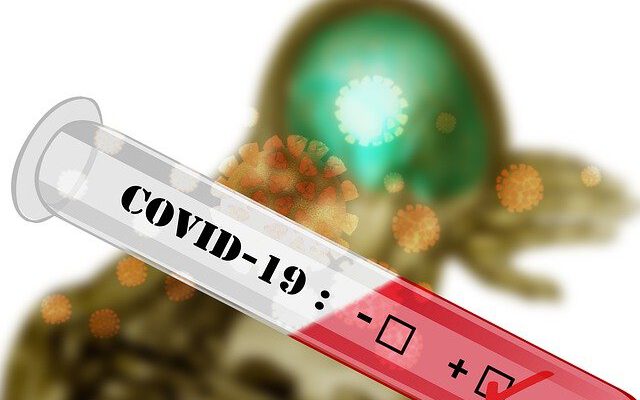Ways to Manage Stress that Will Control Your Hypertension

Hypertension: Everyone gets stressed from time to time due to pressure from work or personal relationships. While this is a natural body reflex, it can take a toll on your physical and emotional well-being. For instance, stress can drive you to drink and smoke, which affects your health. You can handle short bursts of stress, but the demanding modern lifestyle could put you under a lot of pressure leading to anxiety. If you are often stressed and agitated, you are at an increased risk of hypertension. Here is a look at how high blood pressure is related to stress and how to manage both.
How Stress Affects Your Blood Pressure
While stress does not directly cause hypertension, it can escalate the condition. For instance, when you are in a stressful situation, the body produces more hormones that can spike your blood pressure. The temporary surge exerts pressure on your heart, causing it to beat faster. Your blood vessels will also narrow, leading to vasoconstriction. Some of the hormones produced when you are depressed can damage your arteries and lead to heart diseases.
Apart from the temporary surge in blood pressure, anxiety does not cause long-term hypertension. However, your reaction to stress can contribute to hypertension. Many people deal with anxiety by eating unhealthy food, drinking more alcohol, and smoking. Unhealthy foods increase your cholesterol levels, elevating your blood pressure further. Excessive drinking of alcohol is also harmful since it causes spikes in blood pressure. Cigarettes contain harmful substances that will damage your blood vessels and cause heart-related problems.
The elevated blood pressure related to stress is often dramatic. However, as soon as you relax, the readings will return to normal. Therefore, mastering stress management activities can reduce the frequency of blood pressure surges.
Ways to Manage Stress that Will Control Your Hypertension.
Managing stress is an effective strategy in controlling your blood pressure levels. Here are some ways to reduce your stress and anxiety.
Get Adequate Sleep
Getting enough rest refreshes your body and elevates your mood. However, inadequate sleep can reduce your energy levels, mental alertness and dampen your mood. Ensure you get the recommended rest and avoid alcohol as it can increase sleep apnea which interferes with good sleep.
Find Relaxation Techniques for Stressful Situations
When you are having a bad day, you need relaxation techniques to keep your anxiety low. Some relaxation exercises include meditation, yoga, and progressive muscle relaxation. Yoga relaxes your body, stabilizes your mood, and strengthens your body, which can reduce your blood pressure. Even breathing exercises can relieve your stress and avoid a surge in blood pressure.
Physical Activity
Regular workouts can elevate your mood and boost your stress management. You do not require a gym to exercise; start small with walking, jumping, running, or cycling before going to strength-training classes. Physical activity provides numerous benefits aside from relieving stress. The workouts strengthen your heart and increase its efficiency in pumping blood.
Time Management
If you always feel rushed, you will likely be stressed at the end of the day. You can simplify your schedule by reviewing your calendar and getting rid of activities that take most of your time but do not add value. You can eliminate such activities since they drain you and dampen your mood.
Resolve Problems
If you have problems at home or in your office, do not let them fester. Hold a meeting and resolve the issues you have either at work or with your family. Holding onto problems can wear you down and make you feel stressed.
Treat Yourself
Nurturing yourself is good for stress management. Occasionally, you should treat yourself to a spa, massage, or take relaxing walks and listen to relaxing music.
Seek Help
If you have trouble dealing with stress and anxiety, seek help from friends or a professional.
If you stay on top of stress management, you will be out of high blood pressure risk. Combine the above stress-reducing activities with a healthy diet, weight management, and any medications recommended by a doctor to keep your hypertension in check.














